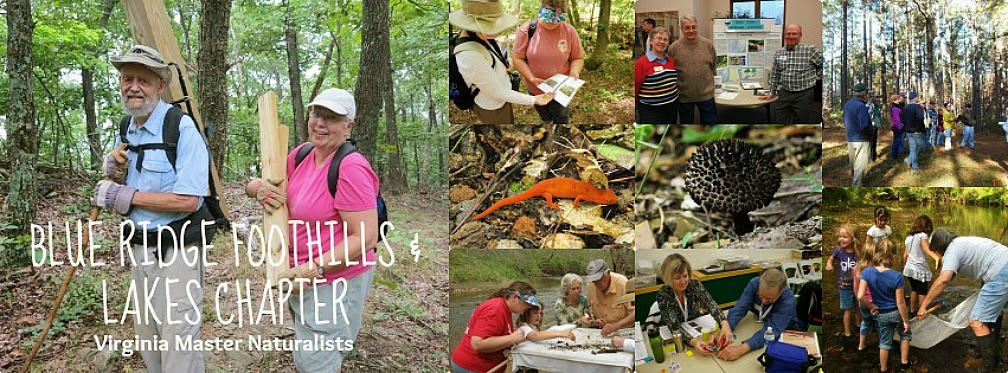I spent a recent frosty weekend in Bath County when night
time temperatures dipped to the 20’s for the first time. As I stepped out for
my morning reconnoiter, I heard a rushing sound, almost a clattering. It was
far too loud and close to be the riffles of the Cowpasture River that pools at
the front of the cabin. The source of the sound was glowing in the first
sunbeams at the base of a steep ridge: a large catalpa tree (Catalpa
speciosa, commonly known as the northern catalpa). The
caterpillars that visit this tree are highly prized for fishing bait, hence its
home by our favorite fishing hole. The ornamental tree is naturalized to
Virginia, not native but too slow growing to be considered invasive. To learn
more see https://en.wikipedia.org/wiki/Catalpa_speciosa
.
The catalpa’s salad-plate-sized green leaves were clattering
to the ground. They had frozen in the overnight chill and without any apparent
preparation, released from the tree in unison. In the space of 90 minutes, the
full grown tree was bare.
I was amazed at the process and it made me appreciate even
more our native hard woods that have evolved a complex and beautiful deciduous
process that gives the trees (and us) a little more time to adjust to the
thought of the winter ahead.
Here are some before, during and after photos.




No comments:
Post a Comment
Thanks for your comment and interest! NOW GO OUTSIDE!